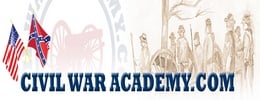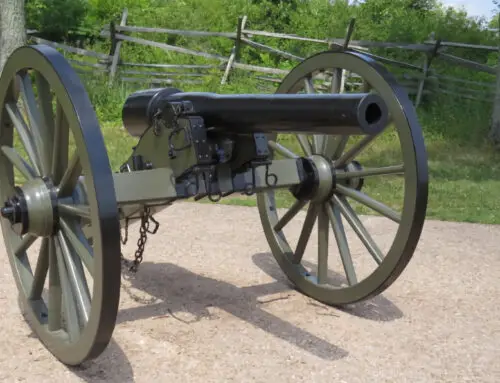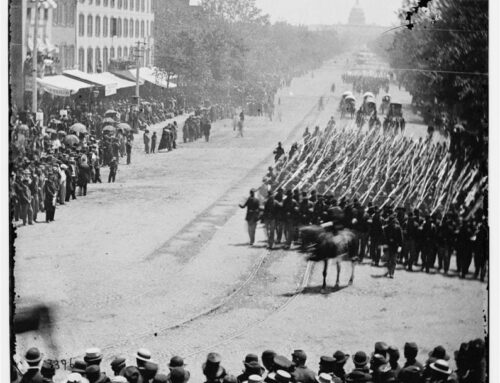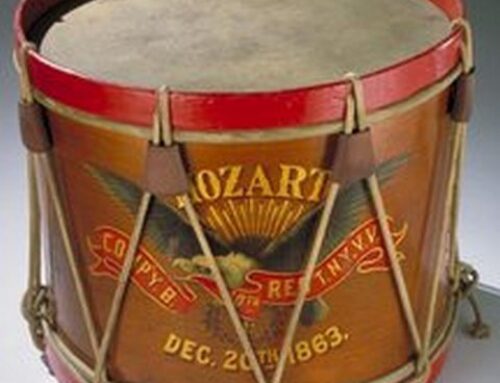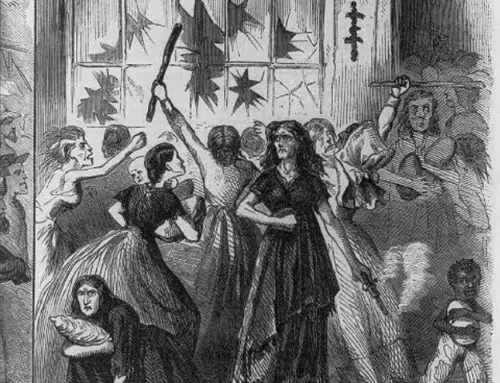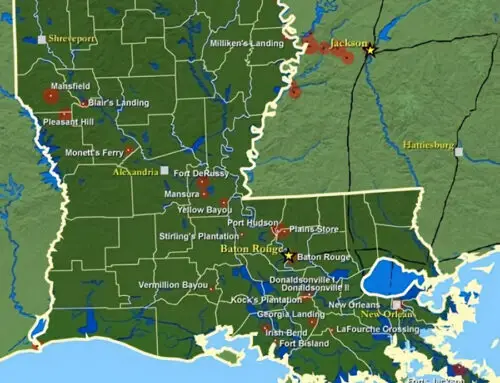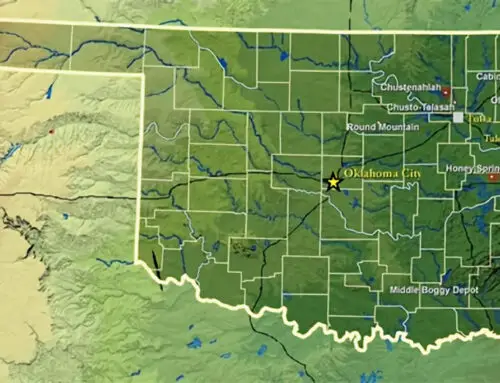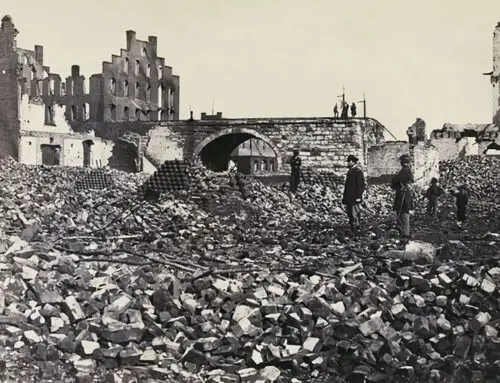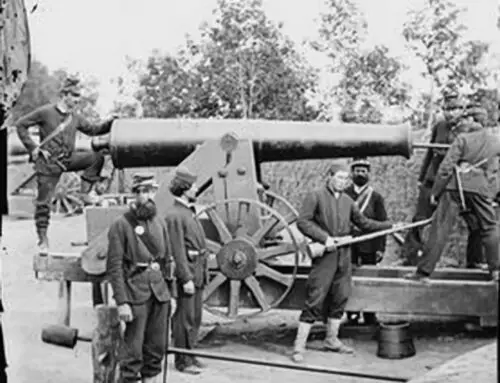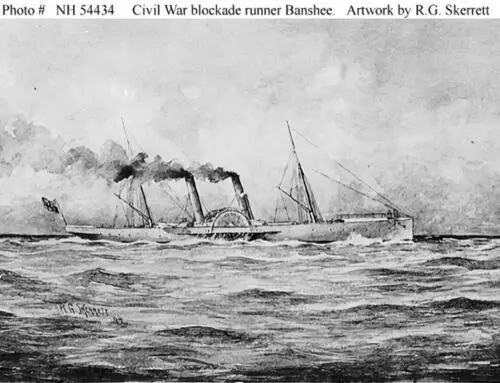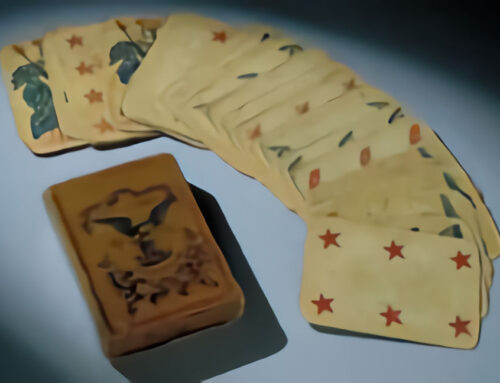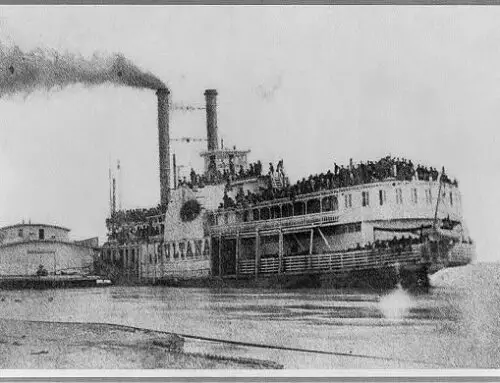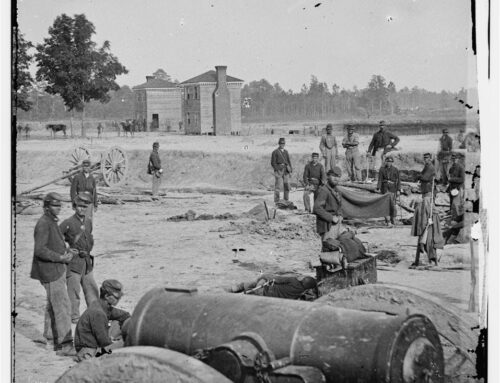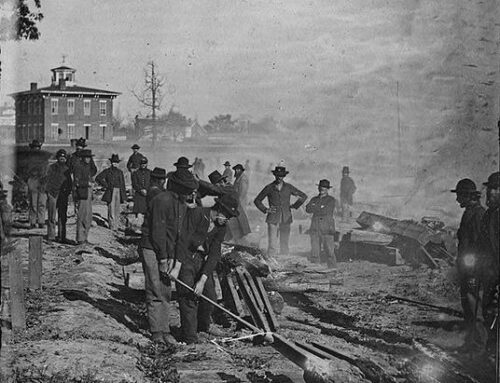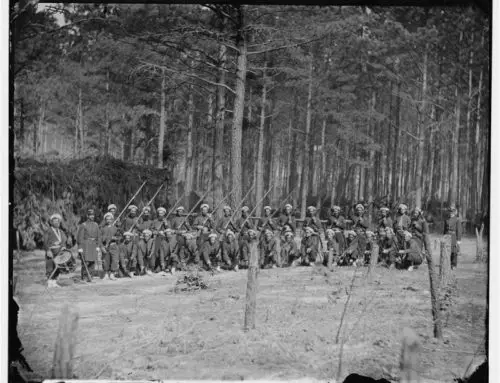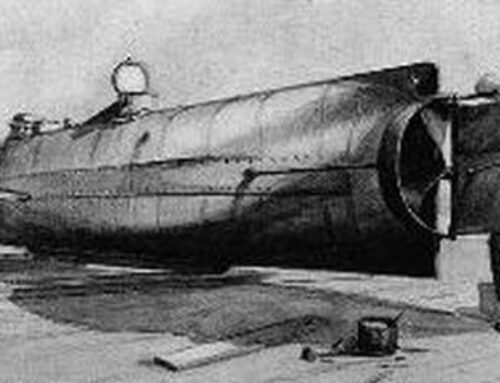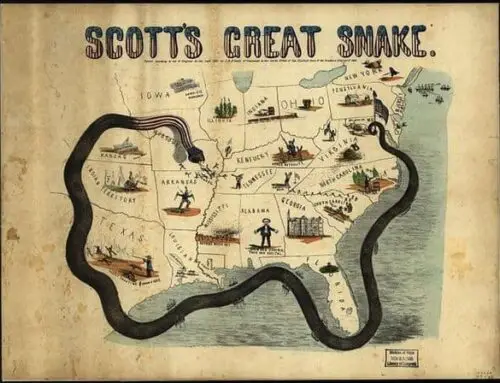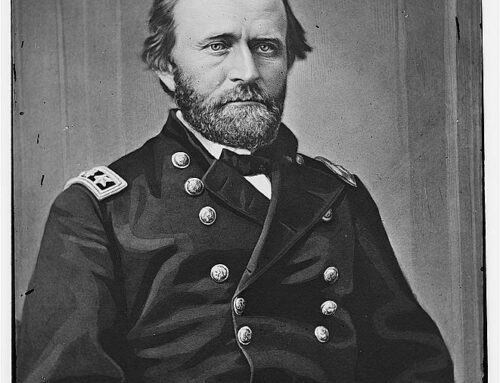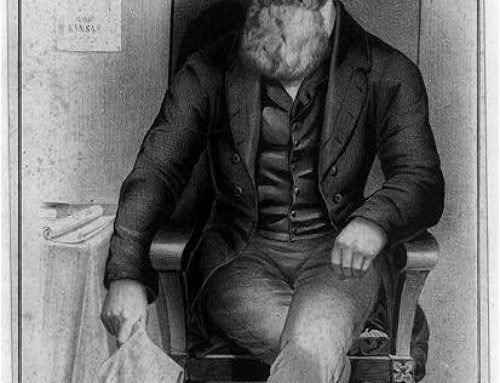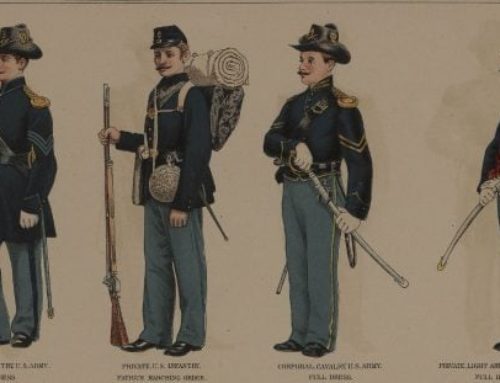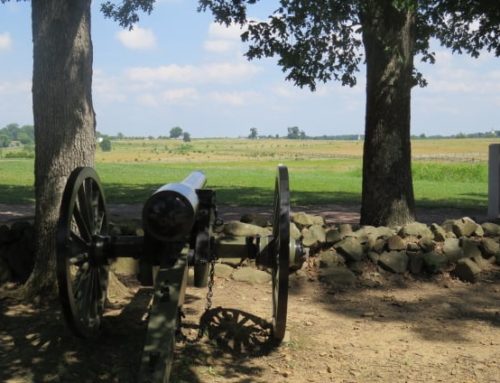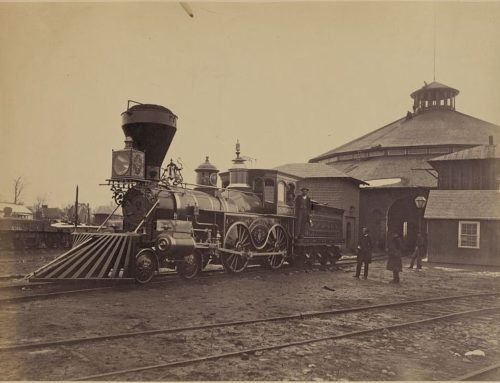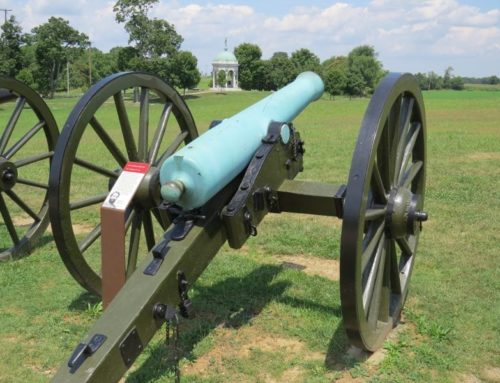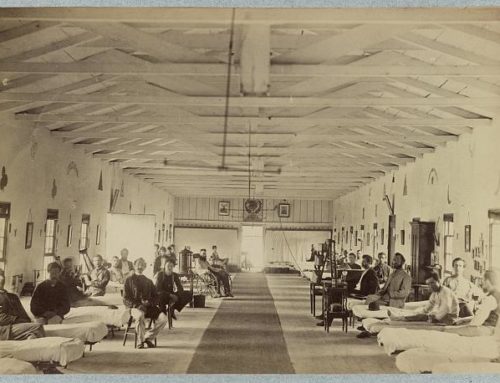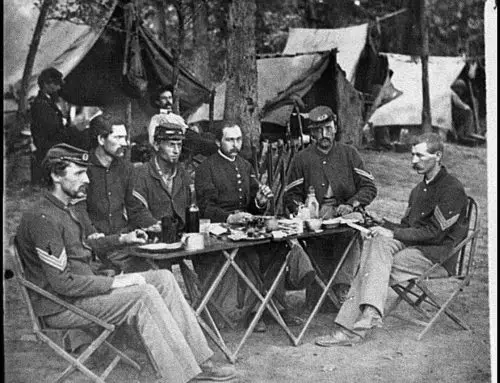(1807-1891)
The main issue the entire Union brass had with General Joseph Johnston had nothing to do with his military expertise or tactical command, it was his inability to stand and fight. Numerous times when Johnston had far superior numbers or just knew he had the best troops in a battle, he would do nothing.
This scene would repeat itself time and time again and lead to the eventual resignation from the Confederate high leaders.
General Joseph Johnston was in charge of operations in Virginia prior to Lee. After failing to assist Pemberton at Vicksburg and constantly retreating from Sherman during the Atlanta campaign he was relieved by Davis.
This was not because the opportunities were not here, they were, Johnston was not. Johnston would go on to live an exciting and action filled life to the bitter end. A man to the end, he was considered to be the hardest working general in the war. No one could out plan the thinking general not even the heralded Lee and Grant.
While at West Point, Johnston demonstrated the essential qualities that are leader should possess, discipline, courage and responsibility. His enlistment in the US Army was a decorated experience earning honors during The Mexican War and The Seminole War.
He was wounded not once but twice in the Mexican War but these were not considered serious. Johnston was a general before resigning from the army and enlisting with the Confederacy.
This was the highest rank of any leader to do the “switch”. There was an ongoing feud with the famous Jefferson Davis concerning seniority and the lack of Johnston being promoted while his underlings were. The feud grew from a simmering argument to a near life ending confrontation.
Eventually both calmed down and got back to the business at hand, the war. General Johnston was handed the reigns of one of the most feared, at the time, army of the confederacy next to Lees Virginians, The Army of Tennessee. Facing Sherman in Atlanta and forcing him to spend thousands of troops and supplies but eventually losing, Johnston showed adequacy in his leadership qualities.
After the surrender of the Confederate forces at Appomattox, Johnston found himself a man without a job. During the war, he was the center of attention and well respected as a leader. Afterwards he parlayed that association into a successful railroad president and eventually into an insurance business.
The man had a never say die attitude that served him well in his golden years. Elected to Congress for one term, he decided that the realm of politics was not the one he desired. When General Sherman passed in 1891, Johnston, who had attended the funeral in a cold steely rain, caught the flu and died from the complications.
